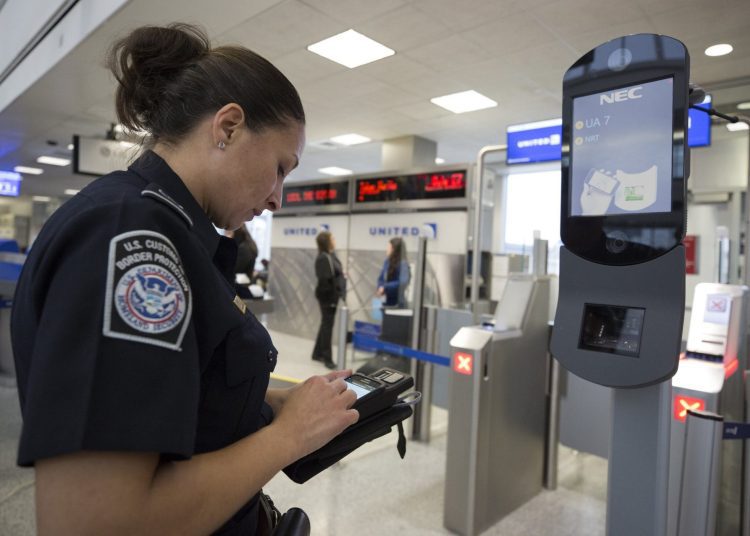More than 57,000 Cubans have received approval so far this year to enter the United States through the humanitarian parole program, representing an increase of around 5,000 permits granted during October.
The strategy to confront the current immigration crisis on its southern border, and to establish an orderly flow of citizens from three other nations, has opened the doors of the United States to nearly 270,000 people, according to a statement issued this Tuesday by the Customs and Border Protection (CBP).
Today, CBP released October 2023 statistics for its primary mission areas related to protecting the American people, safeguarding our borders, and enhancing the nation’s economic prosperity.
▪️ Press release: https://t.co/mljURAps4N
▪️ Stats: https://t.co/zaPvUr5BwR pic.twitter.com/NhRX9crb9q— CBP (@CBP) November 14, 2023
“Through the end of October 2023, 269,744 Cubans, Haitians, Nicaraguans, and Venezuelans arrived lawfully and were granted parole under the parole processes,” the text states.
Of that total, “specifically, 57,243 Cubans, 107,697 Haitians, 48,840 Nicaraguans, and 77,021 Venezuelans were vetted and authorized for travel; and 55,568 Cubans, 99,110 Haitians, 43,267 Nicaraguans, and 71,801 Venezuelans arrived and were granted parole,” it specified.
CBP data places Cubans as the third nationality most benefited from this program, maintaining the trend already marked since the end of July.
The CBP statement highlights that “building upon the successful parole process” announced by President Biden on January 5, 2023, it has “significantly reduced irregular migration and denied smugglers the opportunity to exploit people,” who, on the other hand, “have benefited from the expansion of safe, orderly and humane pathways” to emigrate.
Although the measure taken by the Biden administration has contributed to easing tensions on the southern border to some extent, it remains under questioning by several states and subject to a judicial process to end it.
The trial in Texas against the measure concluded its arguments phase in August, as well as the limit of the parties to counter the final arguments.
Pending a decision, federal judge Drew B. Tipton ruled not to stop the program, to the relief of thousands who are awaiting approval to emigrate to the United States using that alternative.
Tipton explained that it did not seem appropriate to issue a temporary order that would affect the process throughout the country, since some states reported benefits with the measure, such as a decrease in the entry of emigrants.










